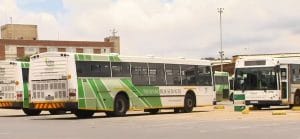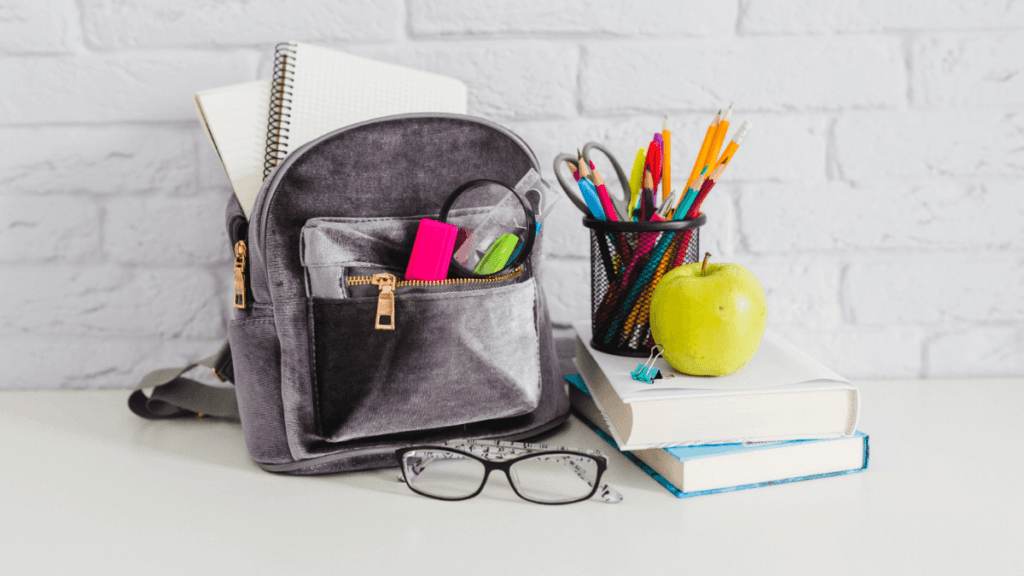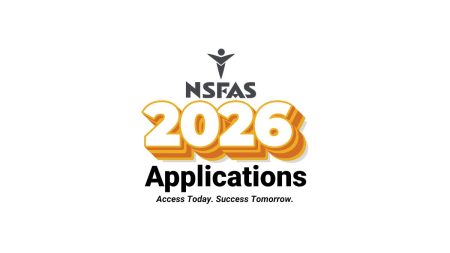The National Student Financial Aid Scheme (NSFAS) provides financial support to many South African students, covering tuition fees, accommodation, meals, and some learning materials. However, students often encounter additional, unexpected expenses that NSFAS does not cover. These hidden costs can put financial strain on students, making it harder to focus on their studies.
This article will explore the hidden costs that NSFAS doesn’t cover and offer practical solutions to help students budget wisely and manage their finances effectively.
1. Extra Textbooks and Study Materials
While NSFAS provides an annual learning material allowance, it often doesn’t fully cover all required textbooks. Many courses have recommended or supplementary books that students may need to purchase separately.
Additional Study Materials Include:
- Lab Equipment & Protective Gear: Science and engineering students may need to buy lab coats, goggles, or safety boots.
- Art Supplies: Fine Arts and Architecture students often require expensive materials like paints, brushes, sketchpads, and design tools.
- Software Subscriptions: Certain courses require access to paid software like Adobe Photoshop, AutoCAD, or SPSS.
Solution:
- Check for second-hand books from senior students.
- Use online resources such as PDFs or university library e-books.
- Share costs with classmates by buying books together.
2. Printing, Copying, and Stationery Costs
Not all assignments can be submitted online. Some universities require students to print and bind research papers, projects, or portfolios. This can become costly over time.
Common Printing Expenses:
- Printing Costs: Some courses require extensive printing, like legal case studies or business reports.
- Binding & Laminating: For final-year projects, dissertations, or thesis submissions.
- Stationery: Pens, highlighters, notebooks, and exam pads add up over time.
Solution:
- Use campus printing services instead of external shops (often cheaper).
- Go digital by using Google Docs, OneDrive, or Evernote for note-taking.
- Buy stationery in bulk at discount stores before the semester starts.
3. WiFi and Internet Data
Although NSFAS provides students with a laptop allowance, they do not cover WiFi or internet costs for students staying off-campus. Many students rely on mobile data or pay for home internet to complete their coursework.
Why Internet Costs Are High:
- Online Learning: Many lectures, tutorials, and resources are now shared online.
- Video Lectures & Zoom Calls: Streaming lectures consumes a lot of data.
- Research & Assignments: Students need reliable internet to access journals and databases.
Solution:
- Apply for educational data packages (MTN, Vodacom, and Telkom offer student discounts).
- Use campus WiFi as much as possible.
- Download materials while on free WiFi and study offline later.
4. Transport and Commuting Costs
If you live off-campus, commuting costs can quickly add up, especially if you attend classes daily. Even students who stay in NSFAS-funded accommodation may still need transport money for internships or job interviews.
Types of Transport Costs:
- Taxi / Bus Fare: Public transport can be expensive, especially if your campus is far from home.
- Transport for Internships: Some courses require work-integrated learning, which NSFAS does not cover.
- University Shuttle Fees: Some universities charge extra for shuttle services between campuses.
Solution:
- Check if your university offers free transport services.
- Consider carpooling with fellow students to save on fuel costs.
- Plan your schedule to reduce unnecessary trips.
Related: How to Update Your NSFAS Banking Details: A Step-by-Step Guide
5. Food and Groceries
NSFAS provides a meal allowance, but in some cases, it may not be enough. Many students run out of food money before the end of the month.
Reasons Why Food Costs More:
- Limited meal plan options: NSFAS-funded meals may not include personal dietary needs.
- Expensive campus food: Buying food on campus is more costly than home-cooked meals.
- Coffee & Snacks: Small daily purchases like coffee, energy drinks, and takeaways add up.
Solution:
- Buy in bulk at affordable supermarkets like Shoprite or Boxer.
- Cook home meals instead of buying takeaways.
- Look for food assistance programs on campus.
6. Health and Medical Costs
NSFAS does not cover medical expenses unless a student is covered under the university’s health insurance. If you get sick, you may have to pay out of pocket for doctor visits, medication, or medical tests.
Hidden Medical Costs:
- Doctor’s consultations for flu, allergies, or minor illnesses.
- Dental care (tooth extractions, braces, or fillings).
- Eye tests and glasses for students with vision problems.
Solution:
- Check if your university offers free health services.
- Use public clinics for free medical care.
- Apply for student medical aid plans if affordable.
7. Unexpected Academic Costs
Some courses require students to attend conferences, field trips, or specialized training that NSFAS does not cover.
Examples of Unexpected Academic Costs:
- Graduation Fees: Students must pay for their graduation gown, cap, and event costs.
- Field Trips: Some courses include mandatory trips for research or training.
- Professional Registration Fees: Certain degrees require students to register with professional bodies (e.g., Law Society, Engineering Council, or Nursing Board).
Solution:
- Start saving early for graduation costs.
- Apply for sponsorships for professional registrations.
- Ask about alternative funding for field trips.
8. Social and Personal Expenses
Being a student is not just about academics—you also need a social life. NSFAS does not cover entertainment, personal grooming, or extra activities.
Common Social & Personal Expenses:
- Phone Bills: Airtime, mobile data, or phone repairs.
- Clothing & Toiletries: Everyday essentials like soap, deodorant, and sanitary products.
- Social Events: Attending university events, clubs, or societies.
Solution:
- Use budget-friendly entertainment options like free campus events.
- Buy essentials in bulk when discounts are available.
- Use free communication apps like WhatsApp instead of expensive calls.
Budget Smart & Be Prepared
While NSFAS provides crucial financial support, students must still plan for unexpected expenses. By budgeting carefully, using student discounts, and seeking alternative funding sources, you can manage your finances and focus on your education.
Quick Budgeting Tips:
- Create a monthly budget and track your expenses.
- Look for second-hand options for textbooks and materials.
- Use free university resources like WiFi, health services, and printing.
- Apply for extra bursaries or part-time jobs to cover hidden costs.
Learn More: NSFAS Allowance Delays? Here’s Why They Happen and How to Stretch Your Budget
Small savings add up, and smart financial planning can make student life easier.










